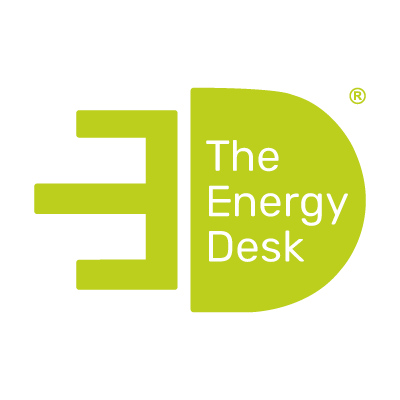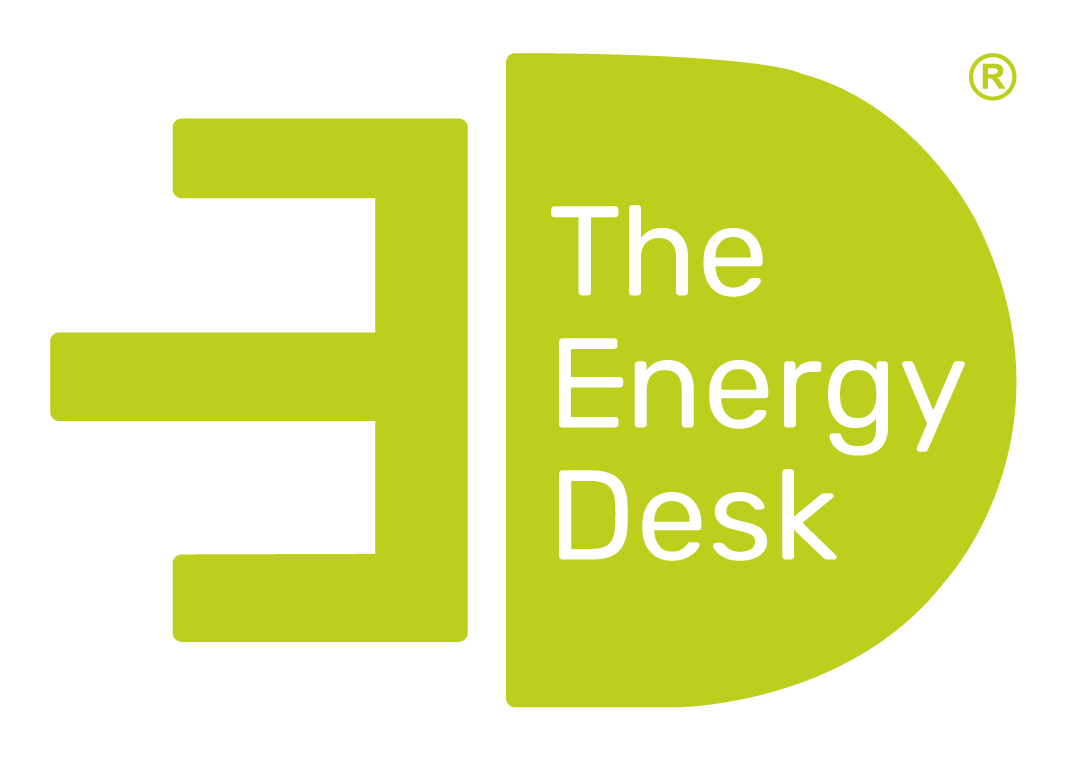Selecting the right commercial gas contract is a crucial decision for any business. At The Energy Desk, we understand the importance of this choice in ensuring cost efficiency and operational stability. In this guide, we offer insights and practical advice to help you navigate the complexities of commercial gas contracts and make an informed decision that best suits your business needs.
Understanding Commercial Gas Contracts
Choosing the right commercial gas contract begins with understanding what these contracts entail. A commercial gas contract is an agreement between a business and a gas provider that outlines the terms and conditions for supplying gas. Unlike residential gas contracts, commercial contracts are tailored to meet the specific energy needs of businesses, which can vary significantly in terms of consumption and usage patterns.
Commercial gas contracts are distinct from residential ones primarily because of the scale and variability of usage. Businesses typically consume more energy, and their usage patterns can be more erratic compared to households. Therefore, a tailored commercial gas contract is necessary to manage these larger and more unpredictable demands efficiently. With the right contract, businesses can gain budget predictability, protection from market volatility, and potential cost savings, making this decision critical to operational success.
Types of Commercial Gas Contracts
When it comes to commercial gas contracts, businesses have several options. Understanding the different types can help you choose the one that best suits your needs.
Fixed Rate Contracts
Fixed rate contracts offer a stable price for gas over a set period, usually ranging from one to five years. This type of contract is beneficial for businesses that value budget certainty and want to protect themselves from market fluctuations. With a fixed rate contract, you can plan your finances with confidence, knowing that your gas costs will remain constant regardless of market conditions. However, if market prices drop, businesses may end up paying more than the current rate. It’s a trade-off between stability and the potential for lower costs.
Variable Rate Contracts
Variable rate contracts, also known as flexible or market-based contracts, have prices that fluctuate with the market. This option can result in cost savings when market prices fall, but it also carries the risk of price increases. Businesses opting for this type of contract need to be comfortable with potential price volatility. The advantage here is the potential for lower prices, but the downside is the unpredictability, which can make budgeting more challenging.
Flexible Procurement Contracts
Flexible procurement contracts allow businesses to purchase gas in smaller quantities at different times, rather than committing to a single price for the entire contract term. This flexibility can help businesses take advantage of market dips and spread their risk. However, managing this type of contract requires a good understanding of the gas market and close monitoring of price trends. It’s an option best suited for businesses with the resources and expertise to actively manage their energy procurement.
Dual Fuel Contracts
Dual fuel contracts bundle gas and electricity services from the same provider. This can simplify billing and administration and may come with discounts for combined services. However, it is essential to compare prices separately to ensure that the bundled rate is competitive. While the convenience of a single provider and potential cost savings are attractive, it’s crucial to ensure that you are not sacrificing better rates available separately.
Key Factors to Consider When Choosing a Gas Provider
Selecting the right gas provider is just as important as choosing the right contract type. Several factors should be considered to ensure you get the best deal for your business.

Selecting the right commercial gas contract is a crucial decision for any business. At The Energy Desk, we understand the importance of this choice in ensuring cost efficiency and operational stability. In this guide, we offer insights and practical advice to help you navigate the complexities of commercial gas contracts and make an informed decision that best suits your business needs.
Understanding Commercial Gas Contracts
Choosing the right commercial gas contract begins with understanding what these contracts entail. A commercial gas contract is an agreement between a business and a gas provider that outlines the terms and conditions for supplying gas. Unlike residential gas contracts, commercial contracts are tailored to meet the specific energy needs of businesses, which can vary significantly in terms of consumption and usage patterns.
Commercial gas contracts are distinct from residential ones primarily because of the scale and variability of usage. Businesses typically consume more energy, and their usage patterns can be more erratic compared to households. Therefore, a tailored commercial gas contract is necessary to manage these larger and more unpredictable demands efficiently. With the right contract, businesses can gain budget predictability, protection from market volatility, and potential cost savings, making this decision critical to operational success.
Types of Commercial Gas Contracts
When it comes to commercial gas contracts, businesses have several options. Understanding the different types can help you choose the one that best suits your needs.
Fixed Rate Contracts
Fixed rate contracts offer a stable price for gas over a set period, usually ranging from one to five years. This type of contract is beneficial for businesses that value budget certainty and want to protect themselves from market fluctuations. With a fixed rate contract, you can plan your finances with confidence, knowing that your gas costs will remain constant regardless of market conditions. However, if market prices drop, businesses may end up paying more than the current rate. It’s a trade-off between stability and the potential for lower costs.
Variable Rate Contracts
Variable rate contracts, also known as flexible or market-based contracts, have prices that fluctuate with the market. This option can result in cost savings when market prices fall, but it also carries the risk of price increases. Businesses opting for this type of contract need to be comfortable with potential price volatility. The advantage here is the potential for lower prices, but the downside is the unpredictability, which can make budgeting more challenging.
Flexible Procurement Contracts
Flexible procurement contracts allow businesses to purchase gas in smaller quantities at different times, rather than committing to a single price for the entire contract term. This flexibility can help businesses take advantage of market dips and spread their risk. However, managing this type of contract requires a good understanding of the gas market and close monitoring of price trends. It’s an option best suited for businesses with the resources and expertise to actively manage their energy procurement.
Dual Fuel Contracts
Dual fuel contracts bundle gas and electricity services from the same provider. This can simplify billing and administration and may come with discounts for combined services. However, it is essential to compare prices separately to ensure that the bundled rate is competitive. While the convenience of a single provider and potential cost savings are attractive, it’s crucial to ensure that you are not sacrificing better rates available separately.
Key Factors to Consider When Choosing a Gas Provider
Selecting the right gas provider is just as important as choosing the right contract type. Several factors should be considered to ensure you get the best deal for your business.

The Benefits of Using an Energy Broker
An energy broker can be a valuable partner in securing the best commercial gas contract. Brokers have in-depth knowledge of the energy market and can leverage their relationships with providers to get competitive rates. They also offer additional services such as ongoing contract management and market insights, saving your business time and money.
Energy brokers can simplify the process of finding and securing a gas contract. They handle the comparison of providers, negotiation of terms, and monitoring of market trends on your behalf. This can be particularly beneficial for businesses that lack the time or expertise to manage these tasks internally. Additionally, brokers can provide ongoing support, helping you adjust your contract as your business needs change and ensuring you always have the most favourable terms.
Find Your Ideal Gas Contract With The Energy Desk
Choosing the right commercial gas contract is essential for managing your business’ energy costs and ensuring operational stability. By understanding the different types of contracts, considering key factors when choosing your supplier, and following a strategic approach, you can secure a contract that meets your business’ needs.
At The Energy Desk, we are committed to helping businesses across the UK find the best energy solutions. With over 18 years of experience, we have established relationships with all major commercial gas suppliers and have a proven track record of helping businesses of all sizes and industries reduce their overall energy expenditure. Contact us today to evaluate your current gas contract and explore your options for a more efficient and cost-effective energy future.


